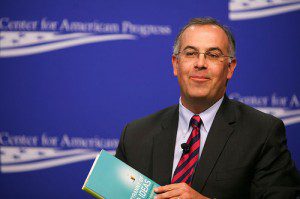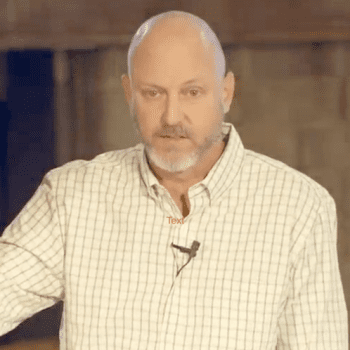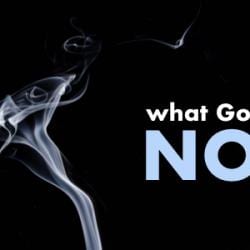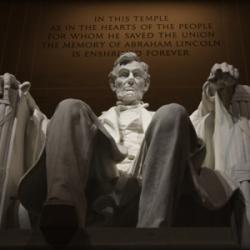 There’s a phrase used to describe the experience of intense or traumatic life events that leave us forever changed. “Being pulled through the knothole,” means going through a situation so singularly intense that many of the beliefs and assumptions we clung to before we were pulled through the knothole, simply fall away when we get to the other side of the fence. The result is often a significant transformation. It doesn’t happen to everyone, despite the fact that all of us are offered at least one natural knothole experience at midlife.
There’s a phrase used to describe the experience of intense or traumatic life events that leave us forever changed. “Being pulled through the knothole,” means going through a situation so singularly intense that many of the beliefs and assumptions we clung to before we were pulled through the knothole, simply fall away when we get to the other side of the fence. The result is often a significant transformation. It doesn’t happen to everyone, despite the fact that all of us are offered at least one natural knothole experience at midlife.
From the outside it seems as though New York Times columnist David Brooks is being pulled through the knothole. His writing has changed over the past months as he and his wife of 27 years are going through a divorce. The result is a more raw, real writer who seems as though he is reaching toward a deeper wisdom, although many conjecture that he’s having some sort of a nutty. I tend to think it’s hard to make it through the knothole with much or our dignity still intact. Perhaps this is because dignity isn’t quite as essential is one might think. Two of Brook’s most recent columns have been thoroughly spiritual – he’s quoting Sojourners and Abraham Joshua Heschel – and are both worth a read.
“The Art of Presence” is an interesting reflection on how to engage with somebody who is going through a tragedy: show up, just be there and be present, don’t compare your tragedy to theirs, bring food and physical aid, don’t say things like “you’ll get over it,” or “it’ll all work out for the best,” and don’t try to frame their situation or help them make sense of it all. When people are living the worst day of their life, what they truly need from you is not your wisdom or advice, it is your presence … so just be present.
“Alone, Yet Not Alone” chronicles the spiritual journey of Catholic songwriter Audrey Assad. True to his sincere Jewish faith, Brooks celebrates the power of mystery and paradox, and the nefarious impact of rigid certitudes. He writes, “Heschel understood that the faith expressed by many, even many who are inwardly conflicted, is often dull, oppressive and insipid — a religiosity in which “faith is completely replaced by creed, worship by discipline, love by habit; when the crisis of today is ignored because of the splendor of the past; when faith becomes an heirloom rather than a living fountain; when religion speaks only in the name of authority rather than with the voice of compassion.”
“There must be something legalistic in the human makeup,” Brooks writes, “because cold, rigid, unambiguous, unparadoxical belief is common, especially considering how fervently the Scriptures oppose it.” Having all of our beliefs in good working order is not what makes us fully human as human was intended to be. Wonder, awe, mystery, amazement… this is the goal of the spiritual life; not a holding on, but a being held, or what some have called a second naiveté To illustrate, Brooks uses one of my favorite Heschel quotes: “Our goal should be to live life in radical amazement…get up in the morning and look at the world in a way that takes nothing for granted. Everything is phenomenal. …To be spiritual is to be amazed.”
To be spiritual is to be amazed… that’s dang right.
… feeling grateful for the reminder of the subtle graces of presence and paradox today … hoping the Brooks will continue to chase wisdom and tell us about what he’s learning.
















